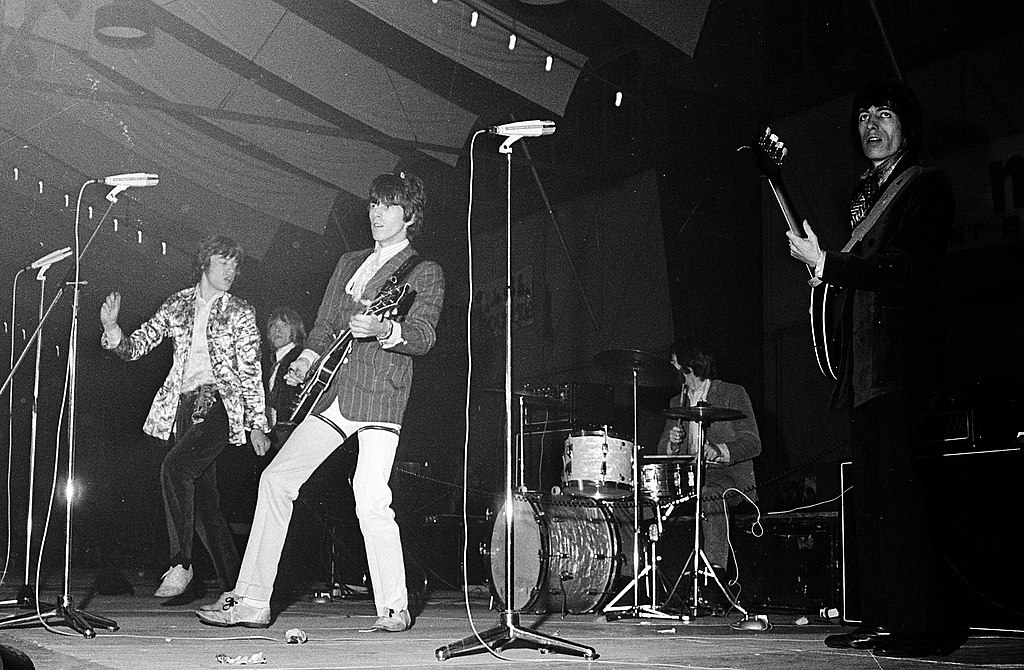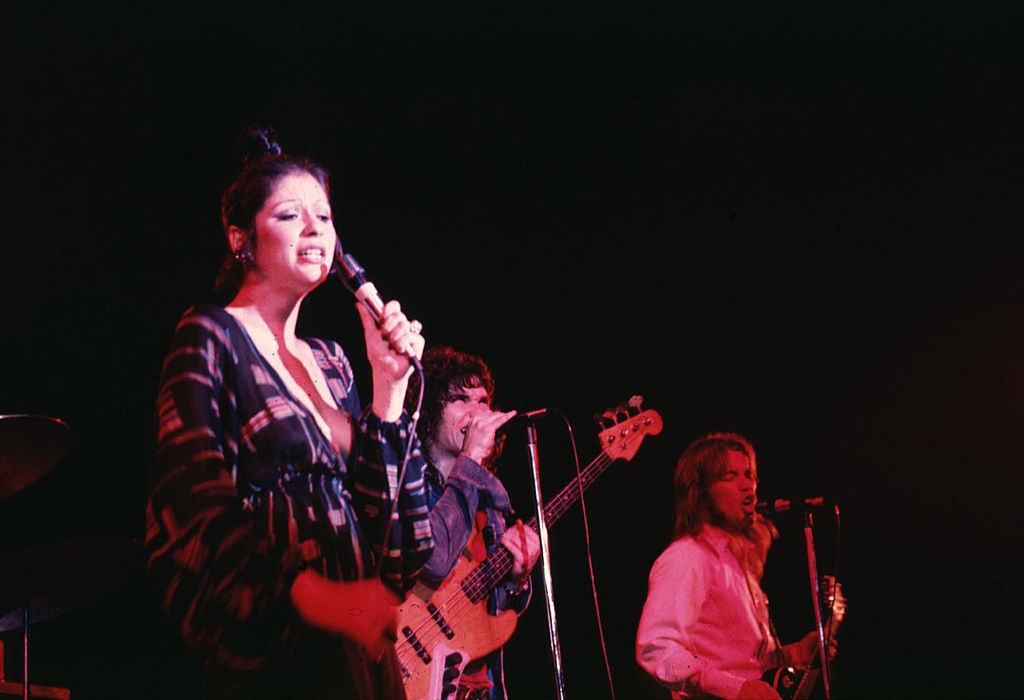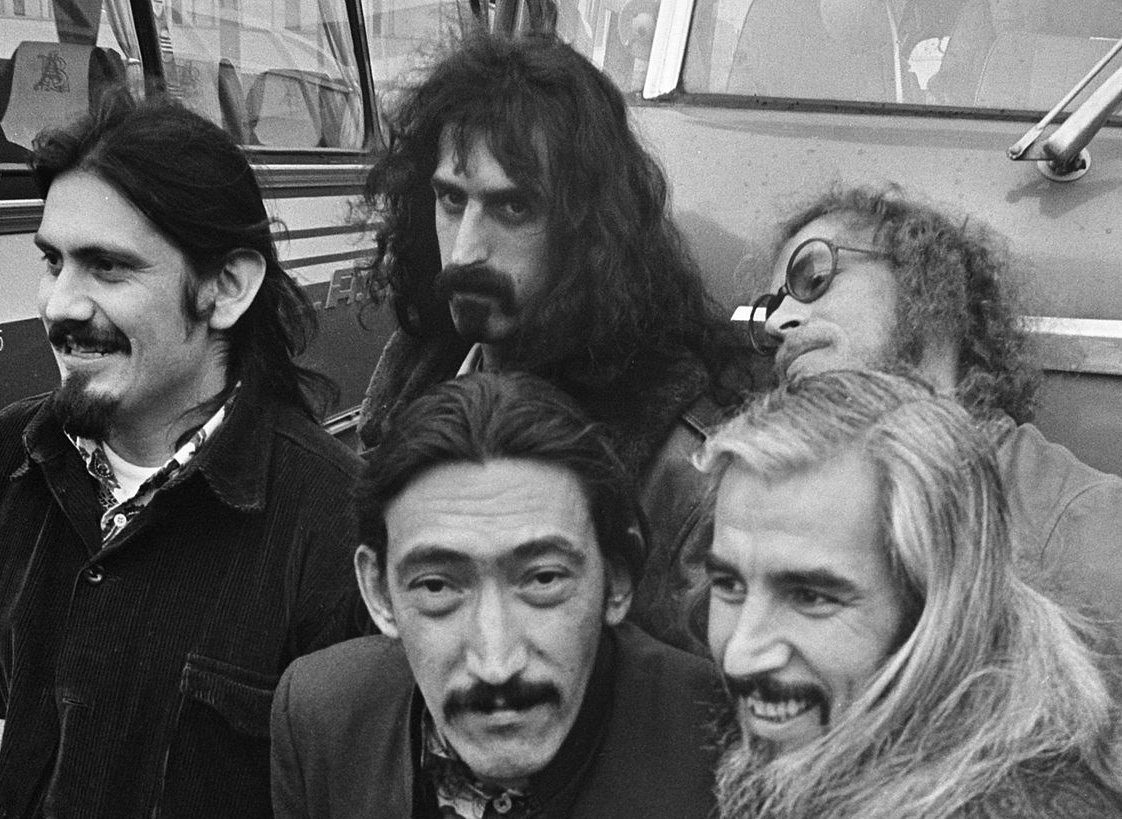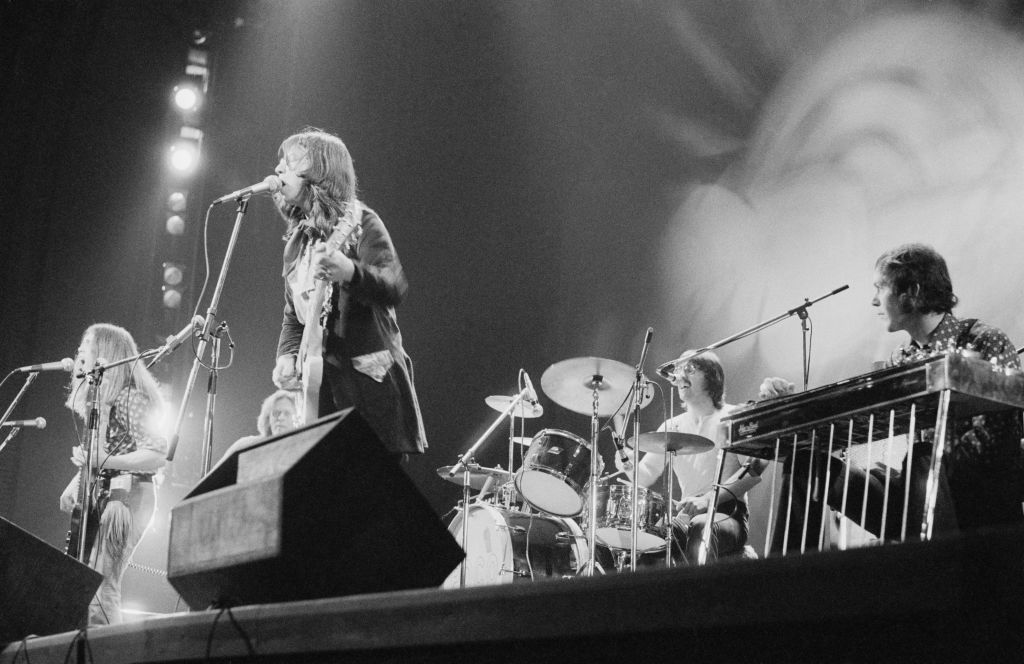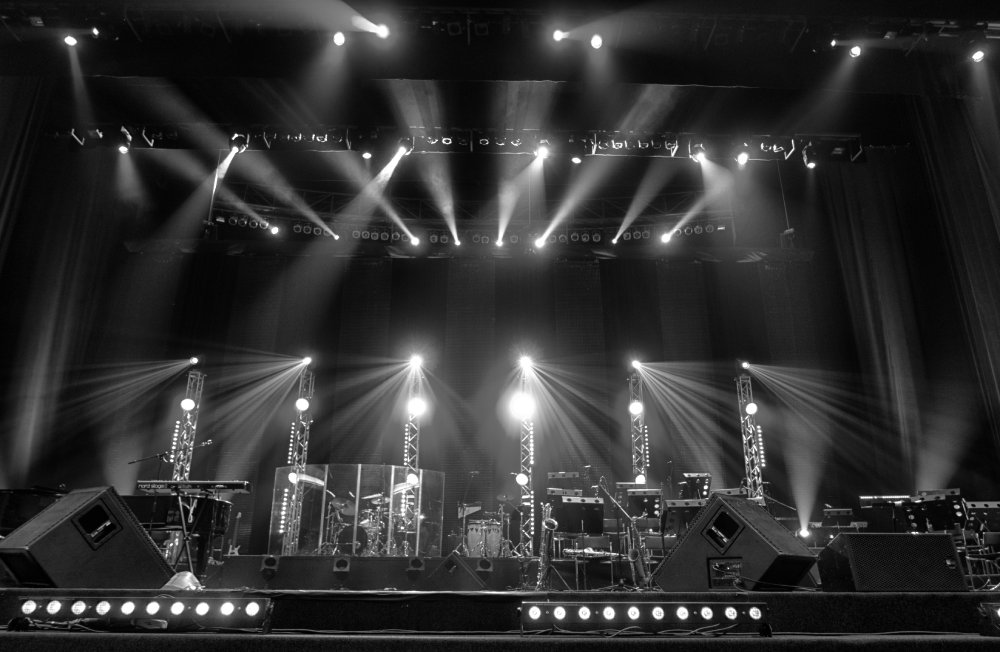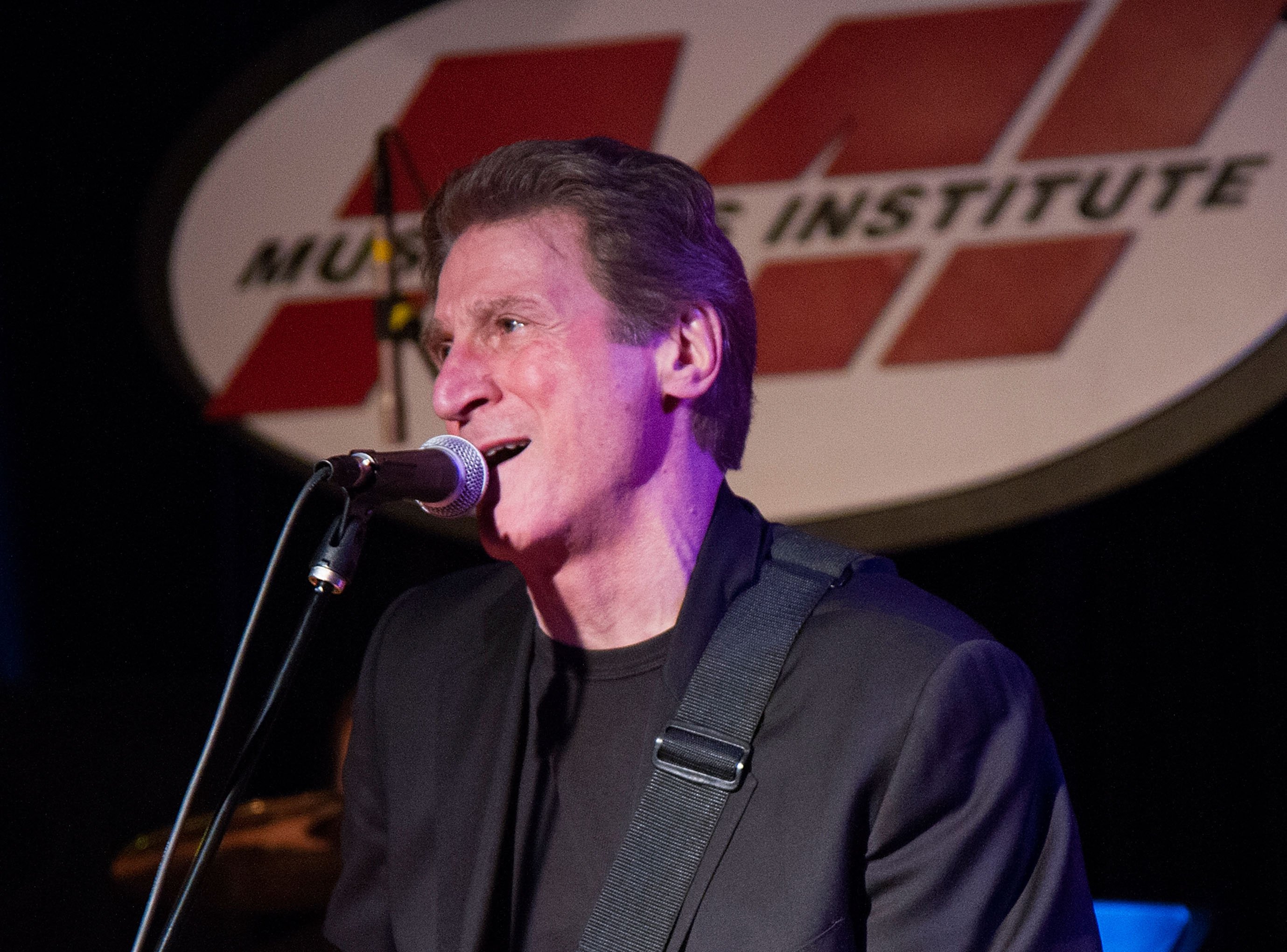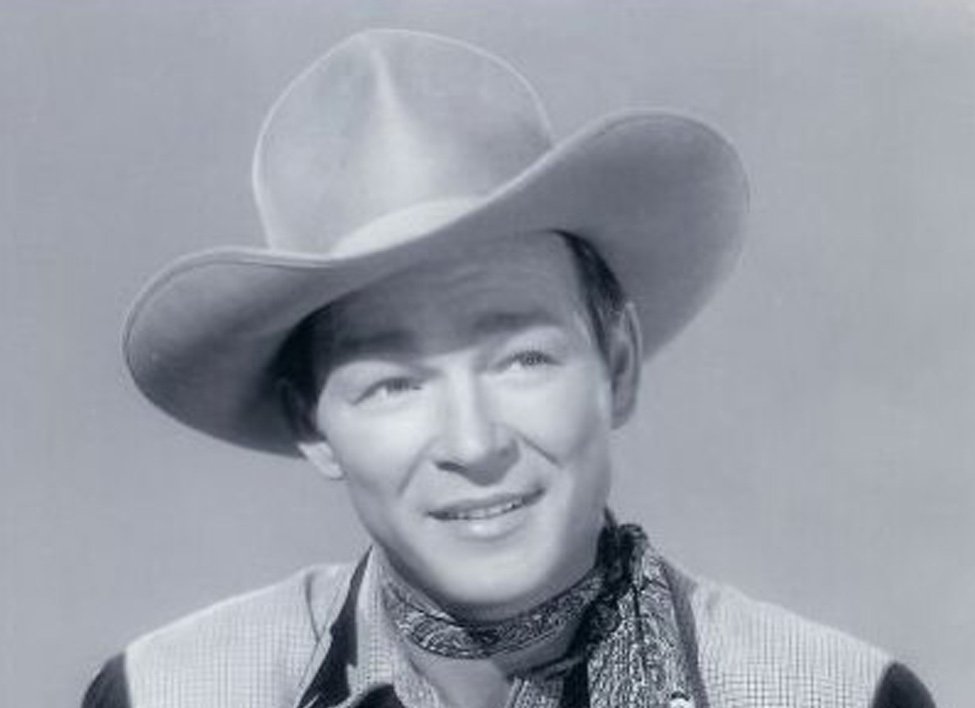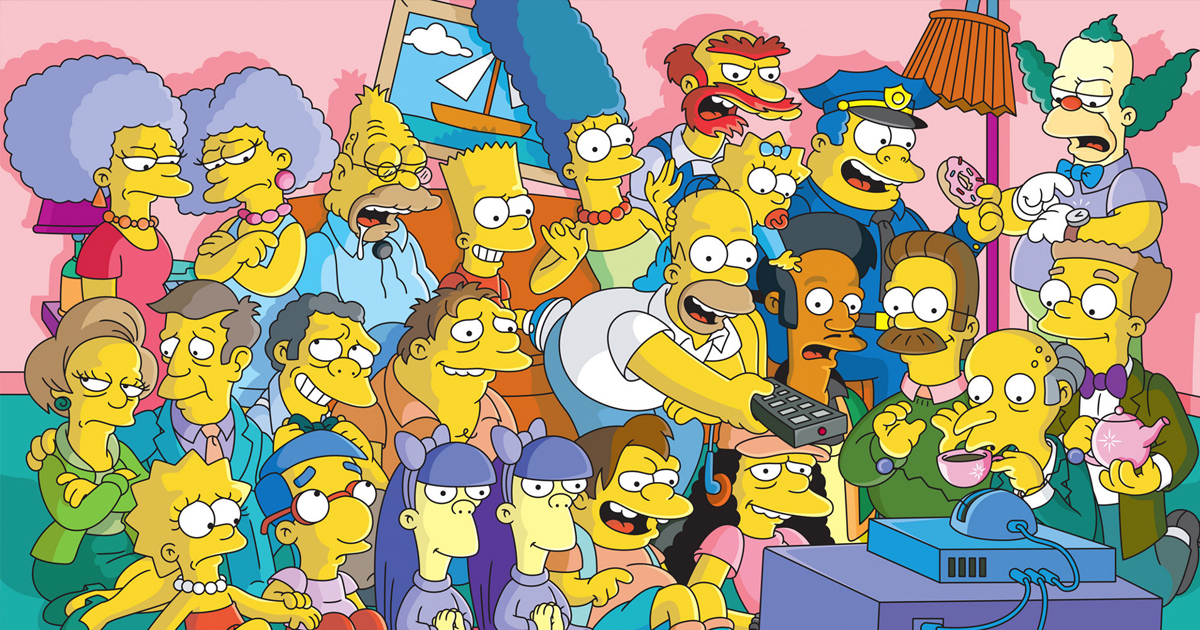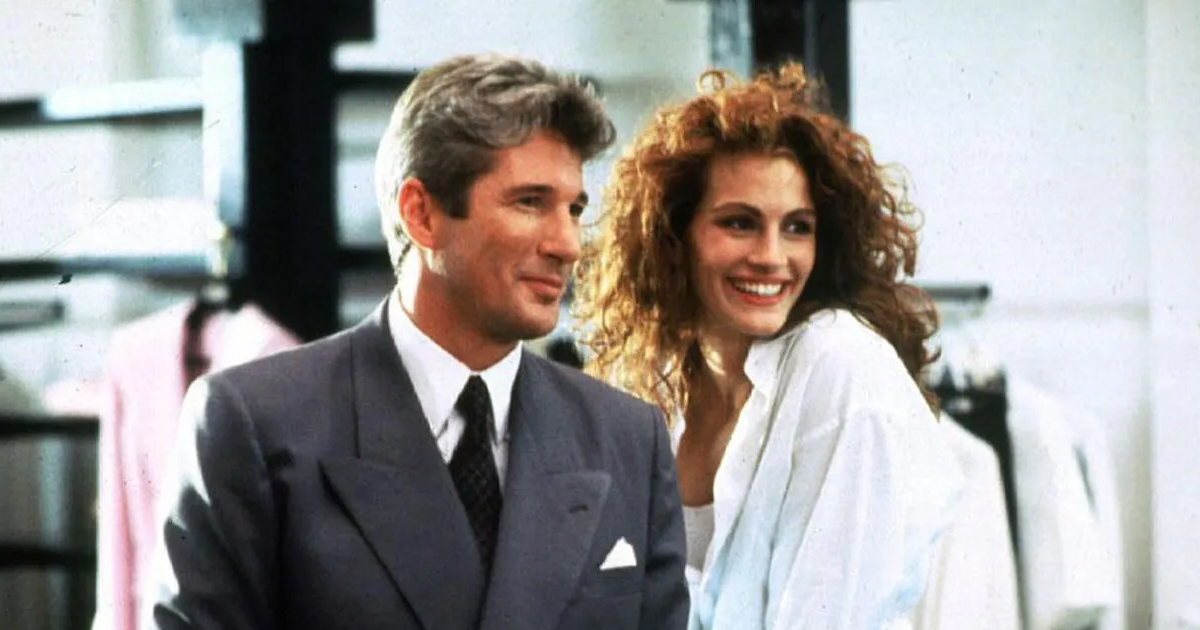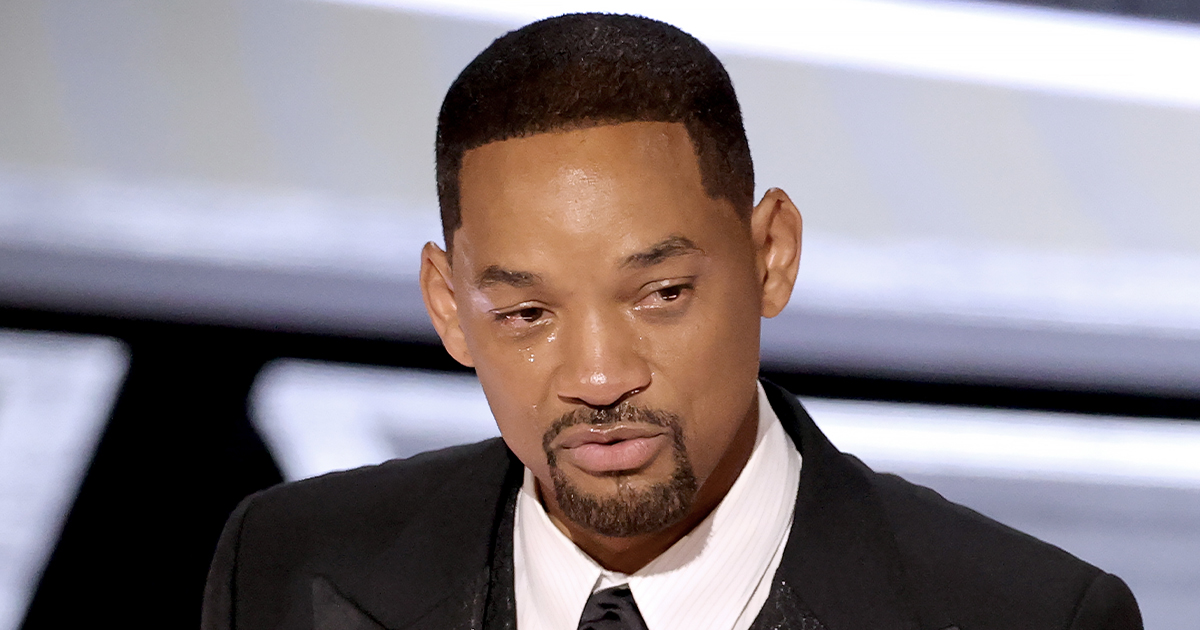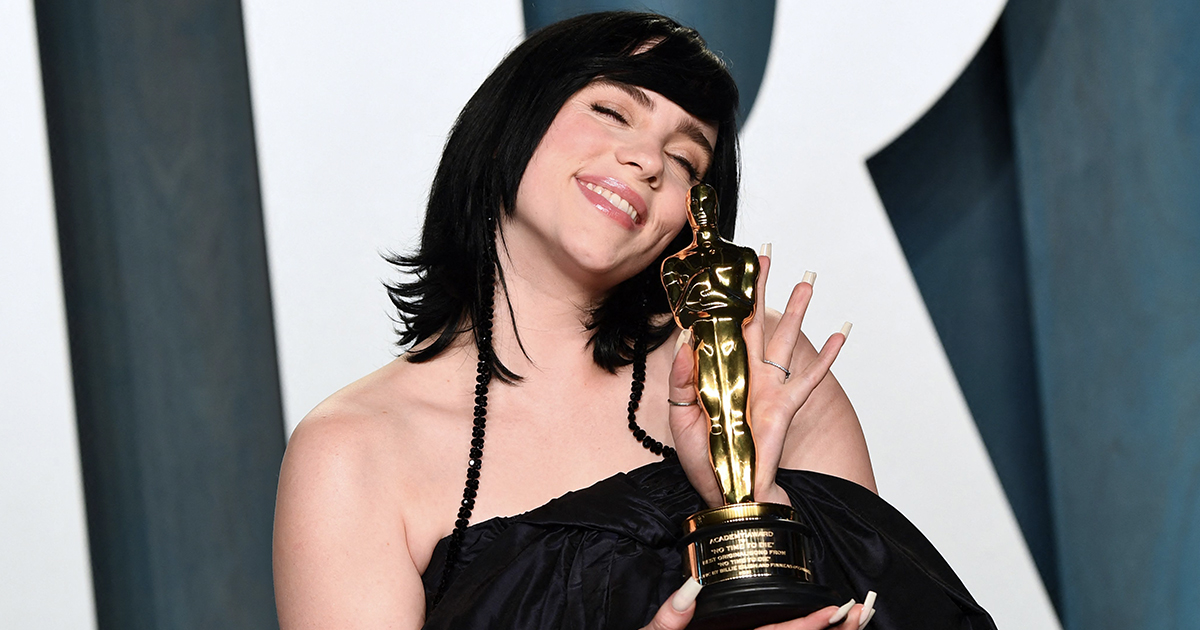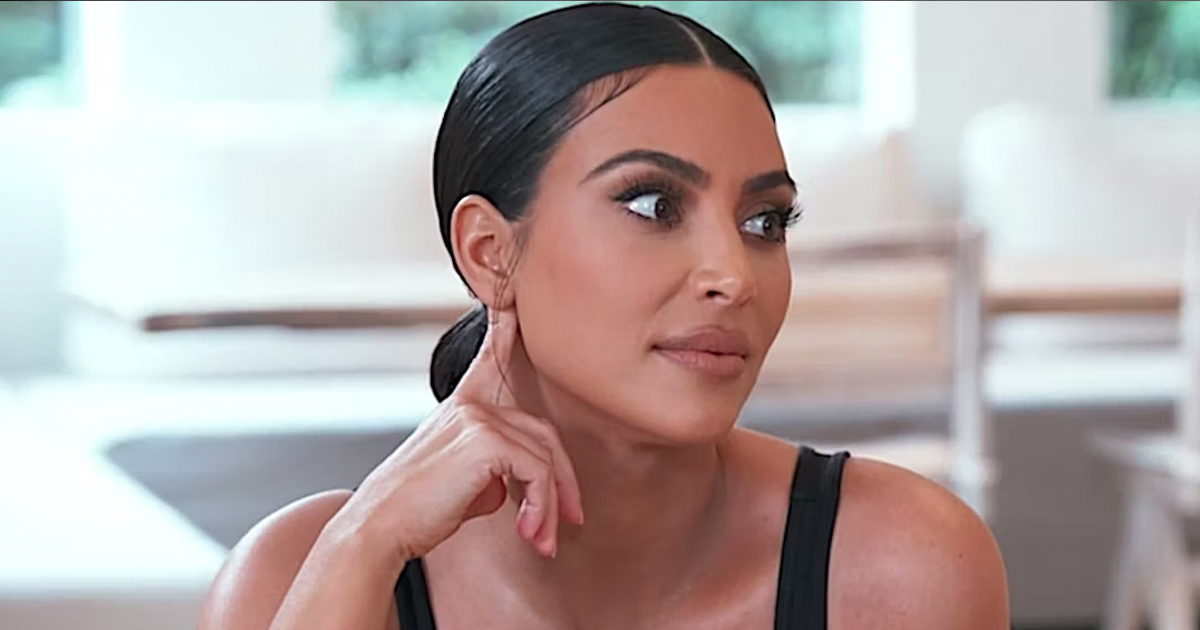Woodstock? No Thank You!
The 1969 Woodstock Music and Art Fair has become the most famous music festival of all time. It defined an era and gave us some of the most notable performances of the century. Why, then, would any musician turn down a chance to play at Woodstock?
Well, at the time, not everyone saw it as anything more than just another music festival—and it turns out there were plenty of big names that said no (backed out, or just couldn't do it for one reason or another). Many of which may surprise you...
The Rolling Stones
We can totally picture Mick on that Woodstock stage doing his thing with the rest of the Stones—but it didn't happen for a few reasons. Jagger was in Australia filming Ned Kelly, and Anita Pallenberg, Keith Richards' girlfriend, had just given birth to their son, Marlon. Thus, the Stones said "no thank you" to the invitation.
Led Zeppelin
Always wanting to stand out from the standard rock and roll crowd, Led Zeppelin's manager Peter Grant turned down the invitation because: "I said no because at Woodstock, we'd have just been another band on the bill".
And speaking of bad advice from managers...
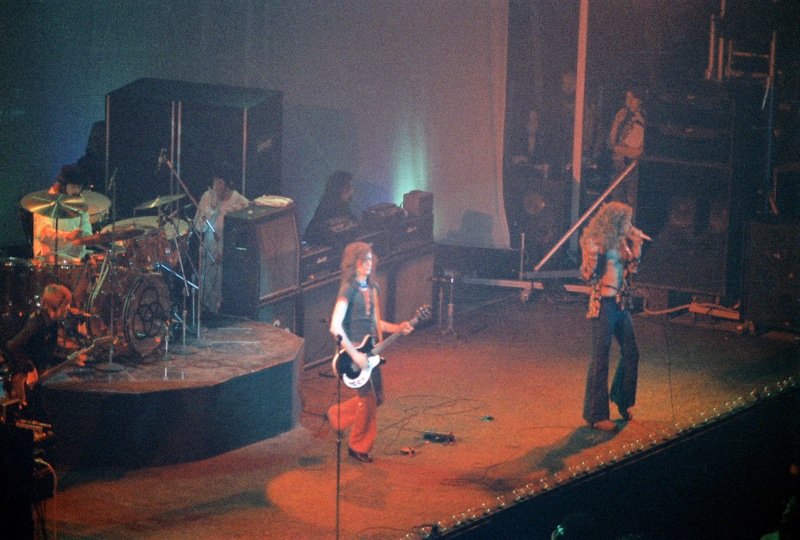 Tony Morelli, CC BY-SA 2.0, Wikimedia Commons
Tony Morelli, CC BY-SA 2.0, Wikimedia Commons
Joni Mitchell
Mitchell was originally supposed to play Woodstock but her manager told her not to go so that she wouldn't miss her scheduled appearance on The Dick Cavett Show. Ironically, the most iconic song about the festival was written by Mitchell—who wrote "Woodstock" based on what she saw on TV.
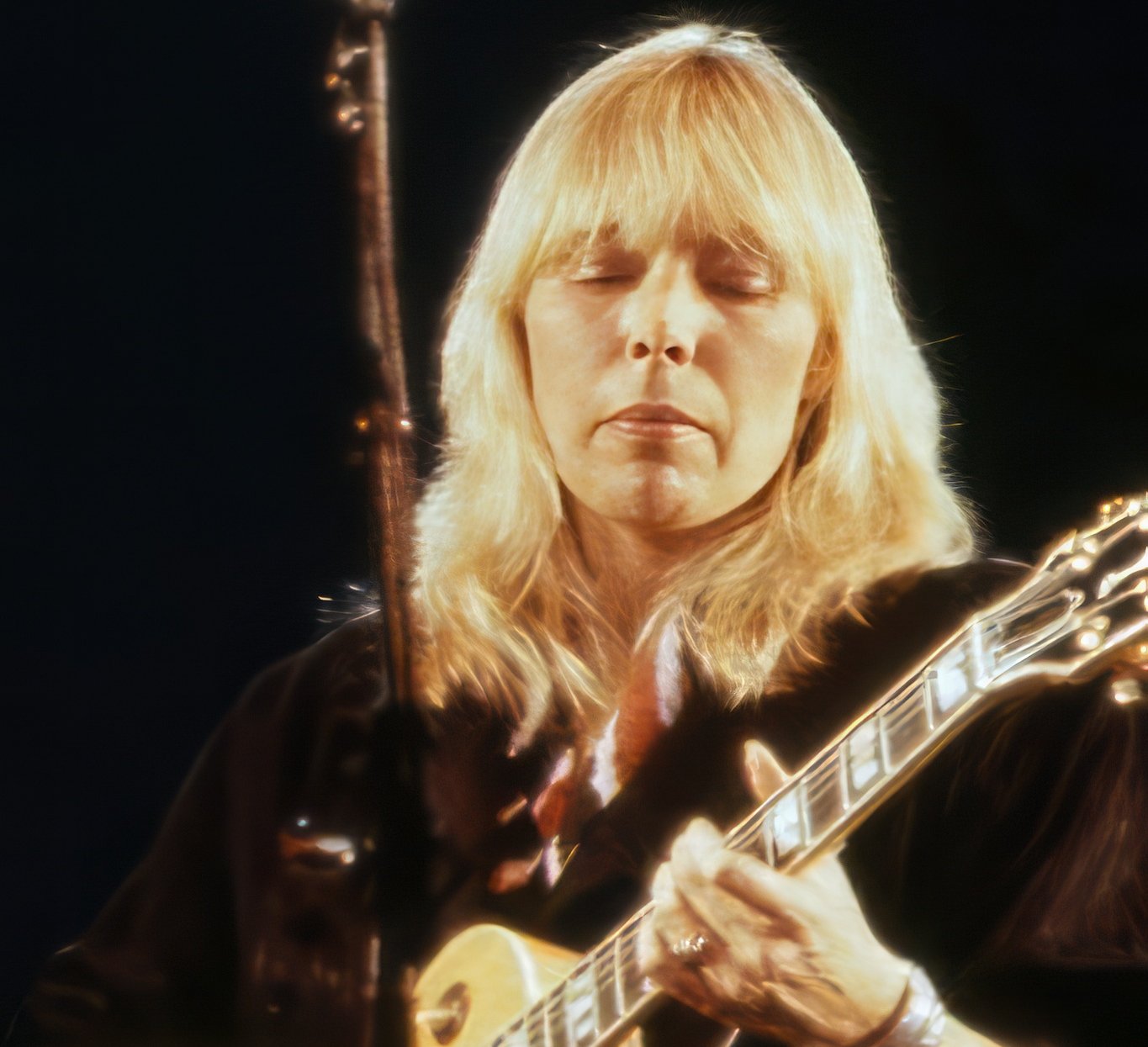 Capannelle, CC BY 2.0, Wikimedia Commons
Capannelle, CC BY 2.0, Wikimedia Commons
The Doors
The Doors are a perfect example of how Woodstock didn't become "Woodstock" until later. Because while Jim Morrison and the band considered playing the festival, they backed out at the last minute because—to quote guitarist Robby Krieger—they thought it was going to be a "second class repeat of Monterey Pop Festival".
Krieger also said that they later regretted their decision.
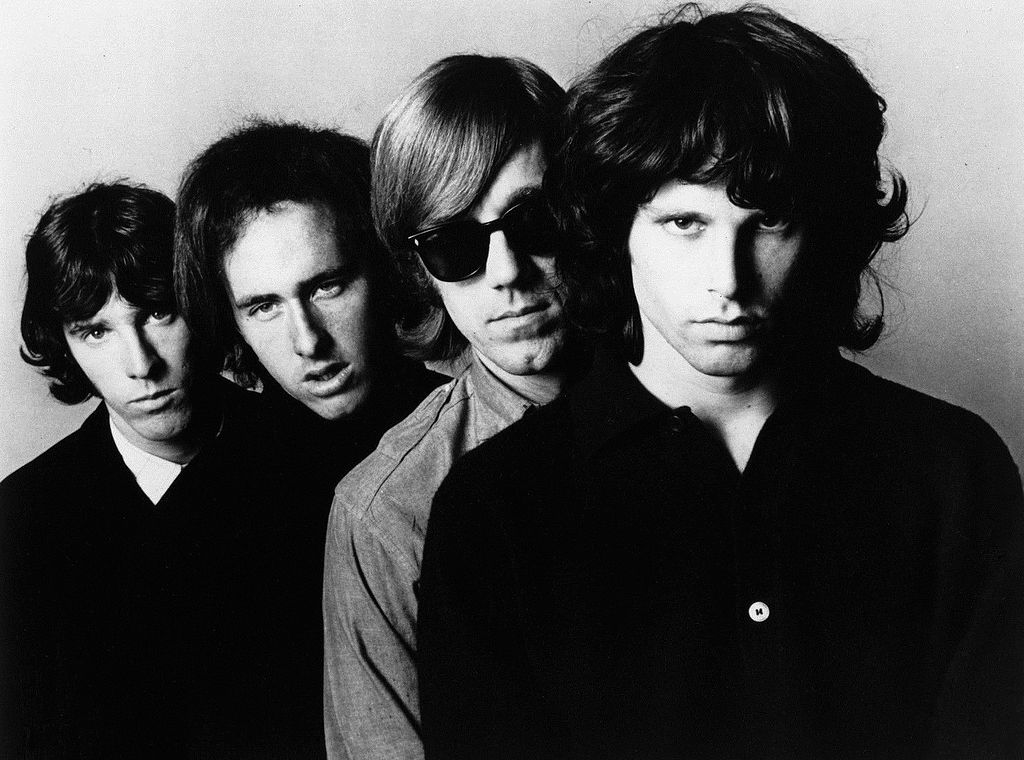 Joel Brodsky, Wikimedia Commons
Joel Brodsky, Wikimedia Commons
The Beatles
Of course Woodstock's promoter and co-creator Michael Lang invited the biggest band in the world to play the festival. But, the Fab Four were recording Abbey Road at the time and were on the verge of breaking up so that wasn't going to happen.
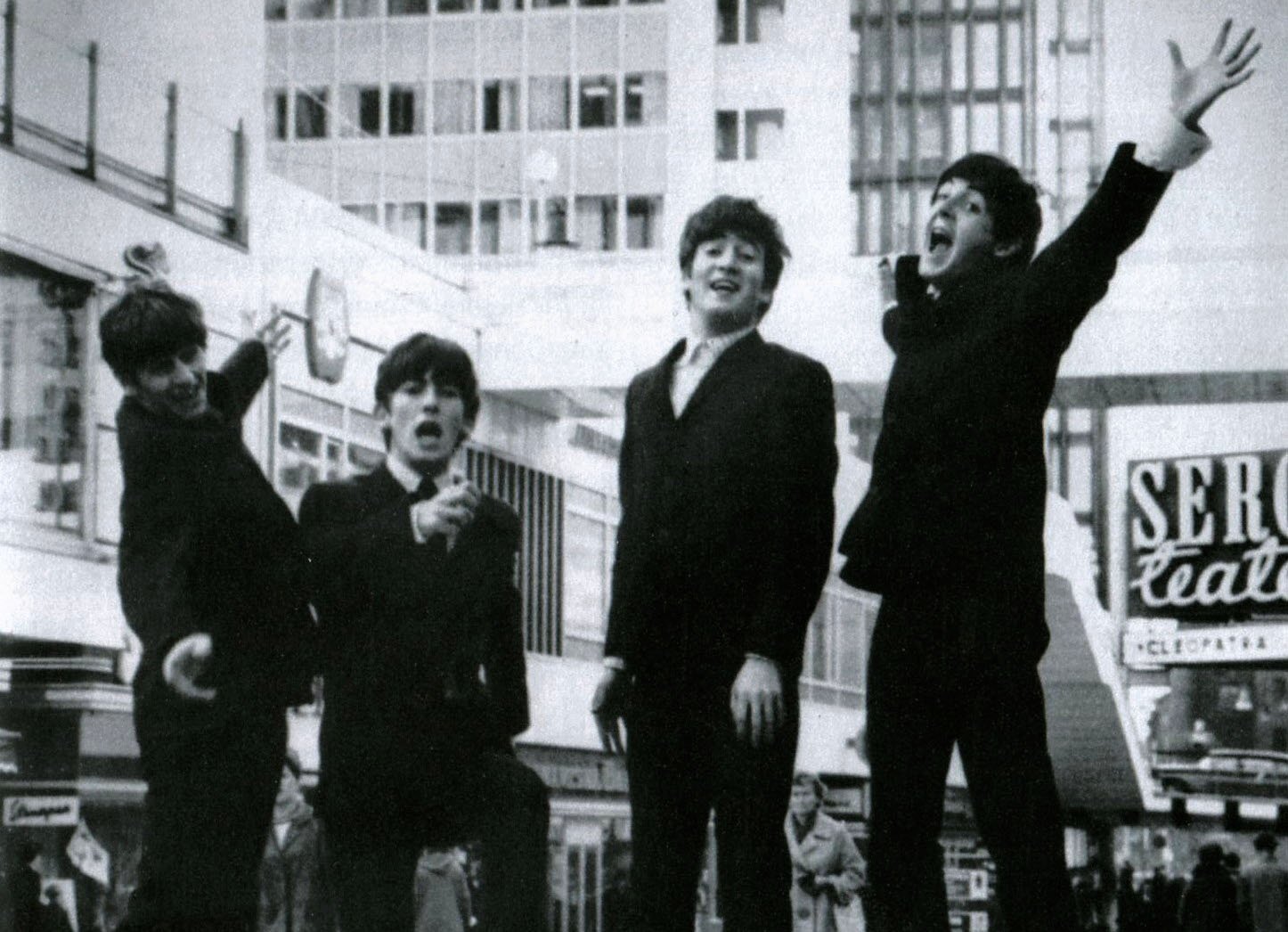 ingen uppgift, Wikimedia Commons
ingen uppgift, Wikimedia Commons
John Lennon And The Plastic Ono Band
When The Beatles became a no-go, festival organizers invited John Lennon and the Plastic Ono Band. However, because of Lennon's position on the Vietnam War (among other things), the Nixon government didn't want him entering the country.
 Unknown Author, Wikimedia Commons
Unknown Author, Wikimedia Commons
The Plastic Ono Band, James Taylor, And Billy Preston
With Lennon not able to get into the United States, Apple Corps sent the festival organizers a letter offering them an art installation from The Plastic Ono Band and both James Taylor and Billy Preston.
According to Lang: "All three would have been great, but the letter arrived around the time we were losing the site in Wallkill and we were kind of distracted, so those never got finalized".
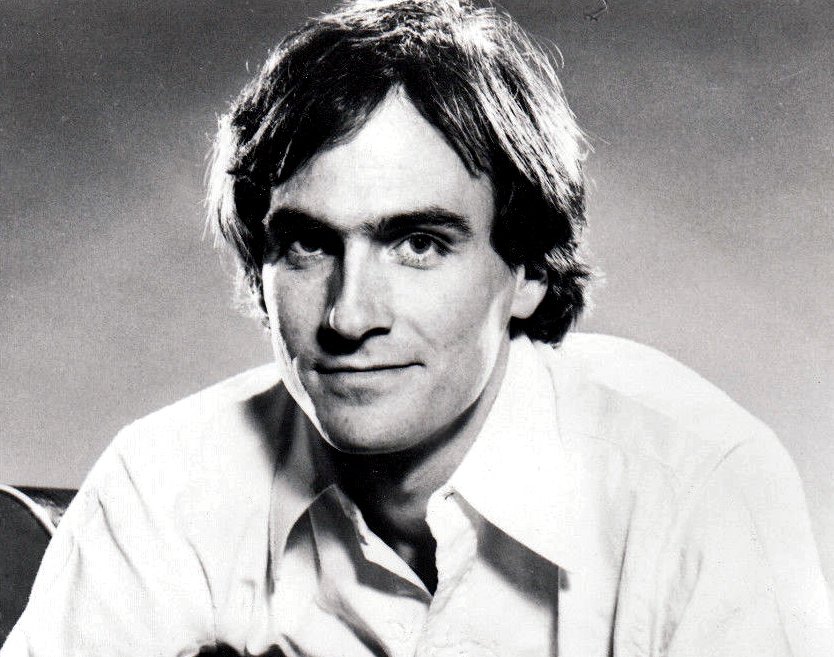 Columbia Records, Wikimedia Commons
Columbia Records, Wikimedia Commons
The Byrds
We wouldn't go so far to say that The Byrds thought that Woodstock was going to be for the birds—but they certainly didn't think it was going to be anything special. So, they turned it down. To quote John York: "We had no idea what it was going to be. We were burned out and tired of the festival scene".
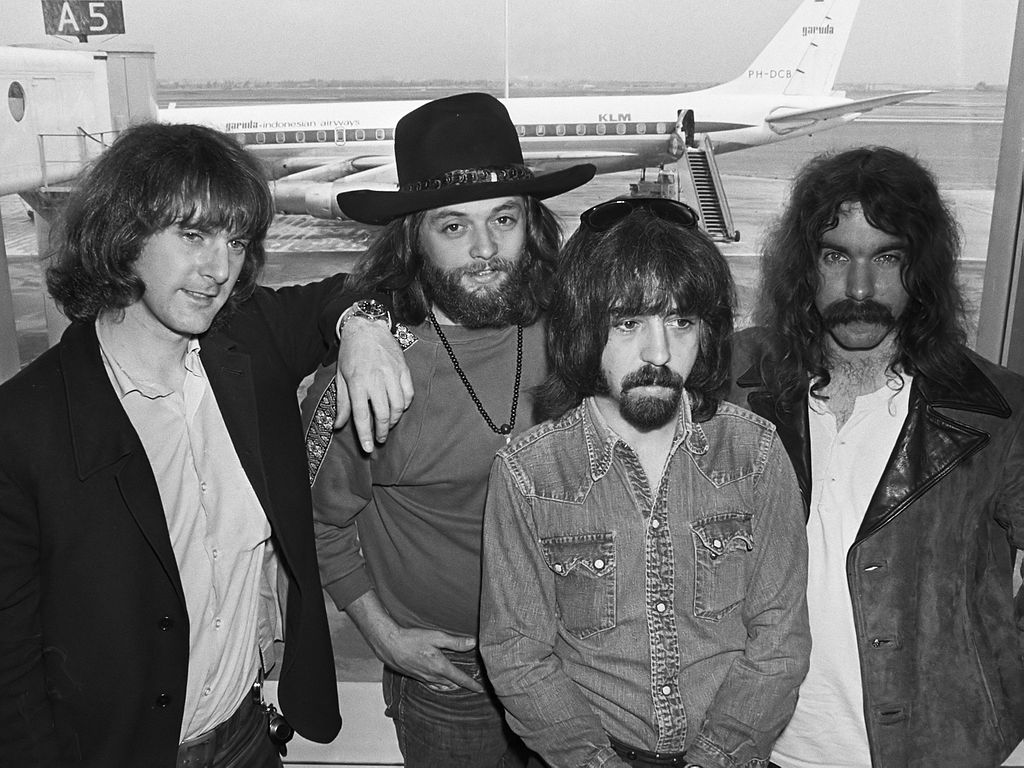 Joost Evers, CC BY-SA 3.0, Wikimedia Commons
Joost Evers, CC BY-SA 3.0, Wikimedia Commons
Bob Dylan
Dylan actually lived in Woodstock at the time (although the festival itself took place 40 miles away in Bethel, New York). And yes, of course he was invited, but the reason he didn't go is up for debate. Some have said it's because his son got ill, while others say it was due to frustrations with all the hippies that were showing up at his home.
 Rowland Scherman, Wikimedia Commons
Rowland Scherman, Wikimedia Commons
The Jeff Beck Group
Not only did The Jeff Beck Group break up just before they were supposed to play at the festival—Jeff Beck actually timed the breakup to happen prior to the festival on purpose. Said Beck, "I deliberately broke the group up before Woodstock...I didn't want it to be preserved".
The band's piano player, Nicky Hopkins, still went to Woodstock, though—performing with Jefferson Airplane.
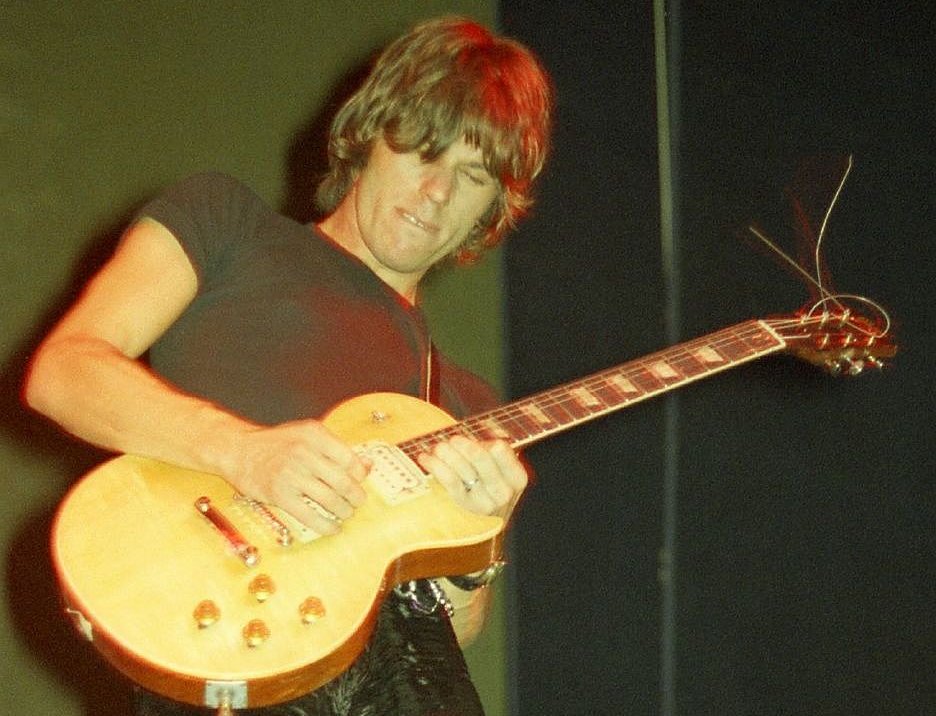 Grant Gouldon, CC BY-SA 2.0, Wikimedia Commons
Grant Gouldon, CC BY-SA 2.0, Wikimedia Commons
Chicago
The self-described "rock and roll band with horns" initially said yes when asked to play Woodstock but had to back out when concert promoter Bill Graham rescheduled some of their concert dates to coincide with Woodstock weekend.
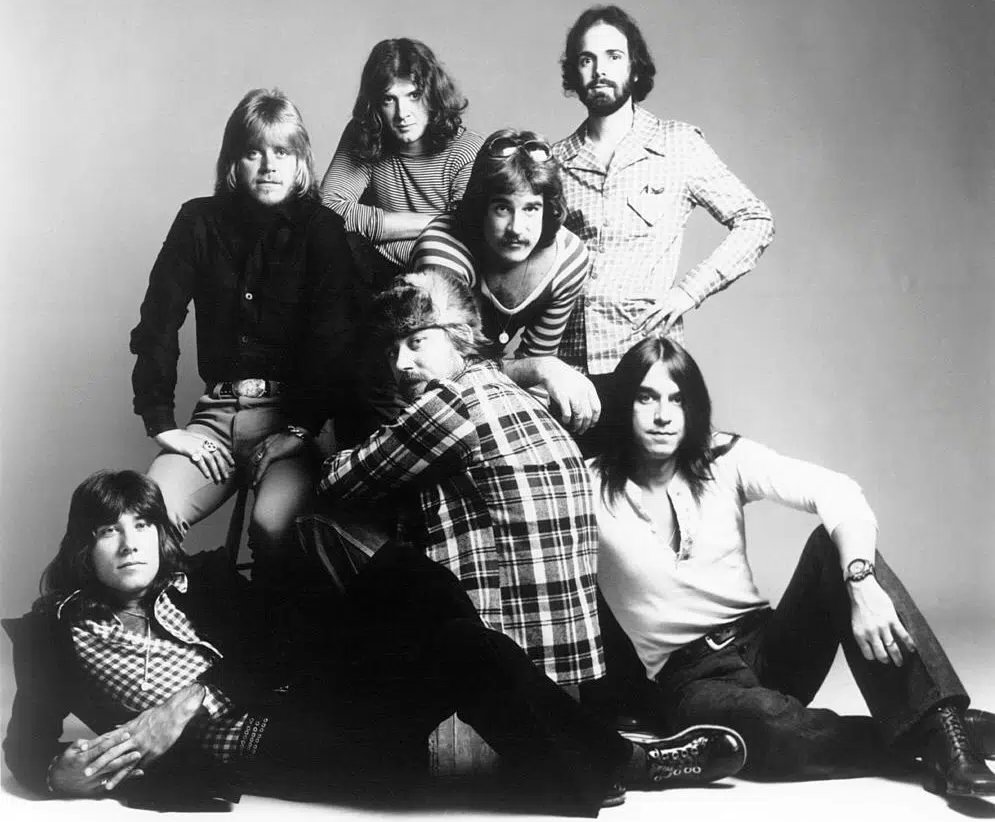 Worthpoint Immediate, Wikimedia Commons
Worthpoint Immediate, Wikimedia Commons
Chicago
The band, as it turns out, had a contract with Graham that allowed him to do that—and he took full advantage of it in order to make sure that Santana got their spot at the Festival. You see, Graham managed Santana as well.
Although, supposedly it came down to a flip of a coin...
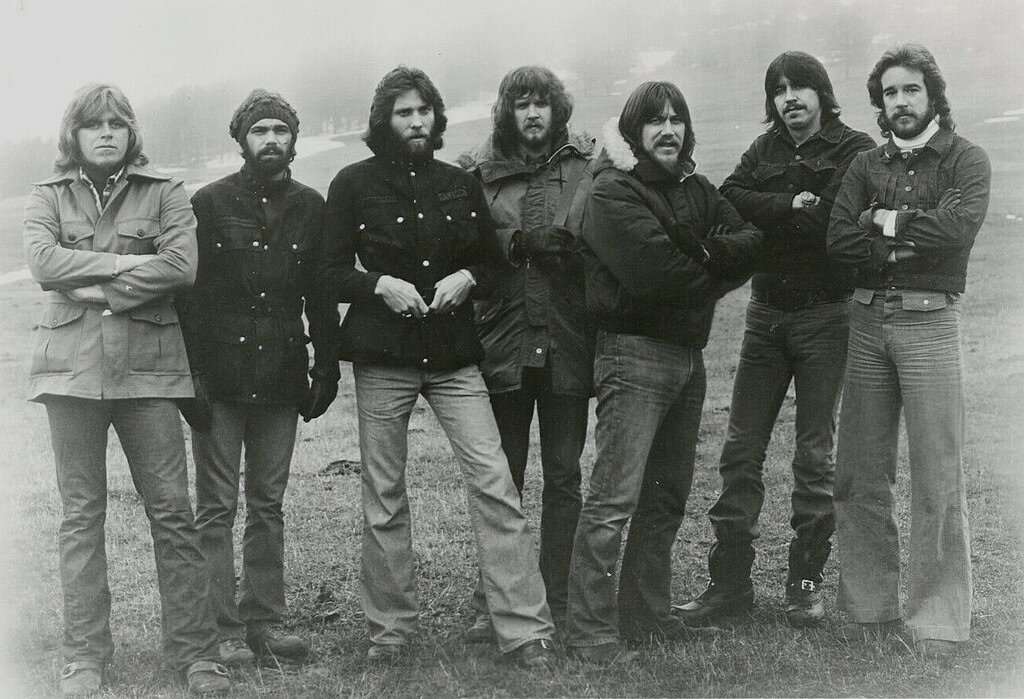 Columbia Records, Wikimedia Commons
Columbia Records, Wikimedia Commons
Bruce Springsteen
Bruce Springsteen's band at the time, Steel Mill, was supposedly invited to play at the festival—however, they were already booked for those dates and had to turn it down.
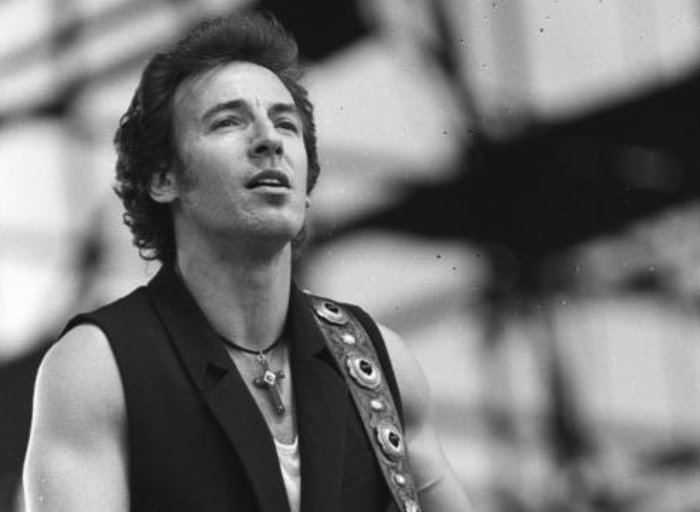 Bundesarchiv, CC-BY-SA 3.0, Wikimedia Commons
Bundesarchiv, CC-BY-SA 3.0, Wikimedia Commons
It's A Beautiful Day
San Francisco band It's a Beautiful Day had a verbal agreement to play Woodstock. However, they were also managed by Bill Graham and band leader David LaFlamme—Graham wanted Santana to play instead (we are assuming in the same spot made vacant by Graham's manipulation of Chicago's concert schedule).
Well, Michael Lang and Bill Graham flipped a coin to see who would get the spot. Graham won, and Santana got the gig.
Jethro Tull
Ian Anderson, Jethro Tull's chief vocalist, flautist, and acoustic guitarist, turned down the band's Woodstock invitation for multiple reasons—including the fact that he just didn't like hippies. He was also worried about there being lots of drinking and inappropriate nudity.
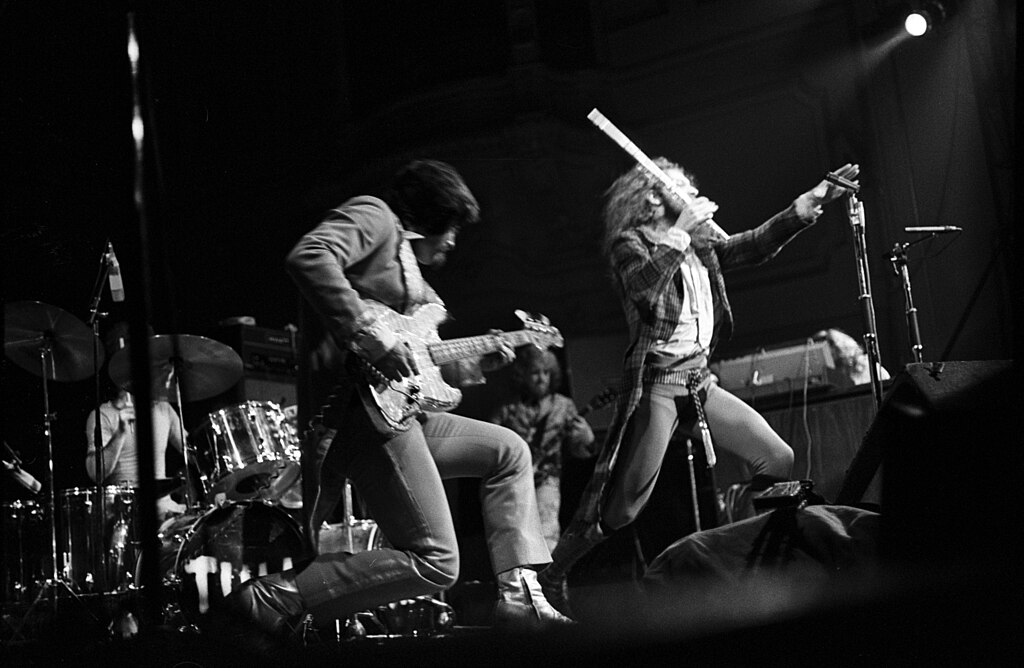 Heinrich Klaffs, CC BY-SA 2.0, Wikimedia Commons
Heinrich Klaffs, CC BY-SA 2.0, Wikimedia Commons
The Moody Blues
Not only were The Moody Blues originally slated to perform at Woodstock—they were even on the original posters for the festival at the first location (before promoters had to find a new venue). In the end, the band got a gig in Paris for that weekend and had to back out.
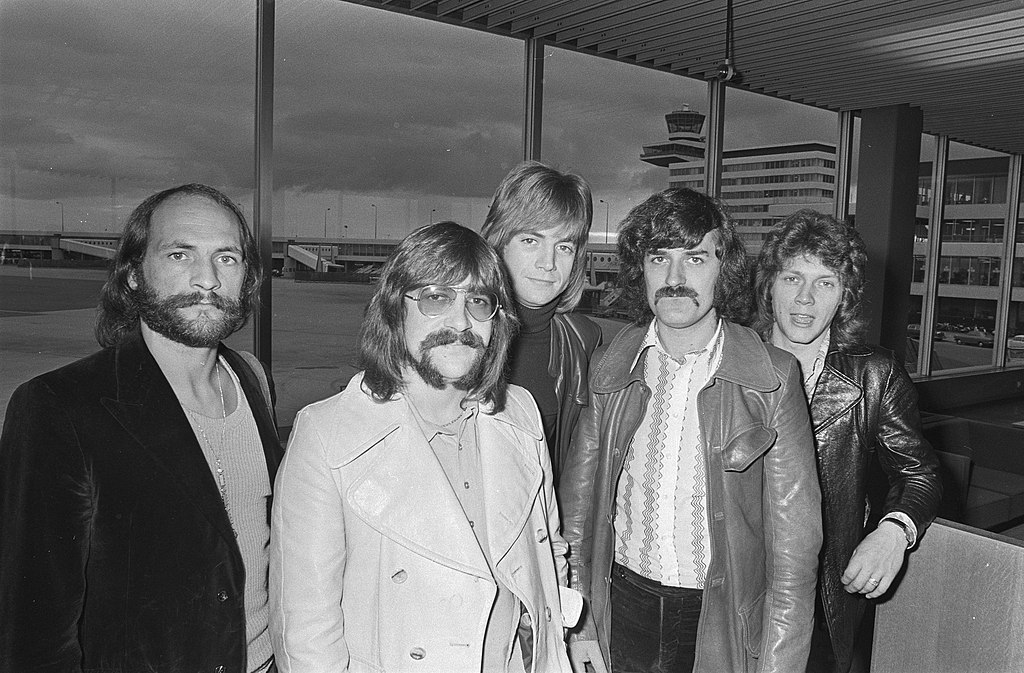 Nationaal Archief, Wikimedia Commons
Nationaal Archief, Wikimedia Commons
Simon & Garfunkel
Simon and Garfunkel were invited to play the festival (and they seem like they would've been a perfect fit)—but they said no, because they were working on their new album. That album became Bridge over Troubled Water, by the way.
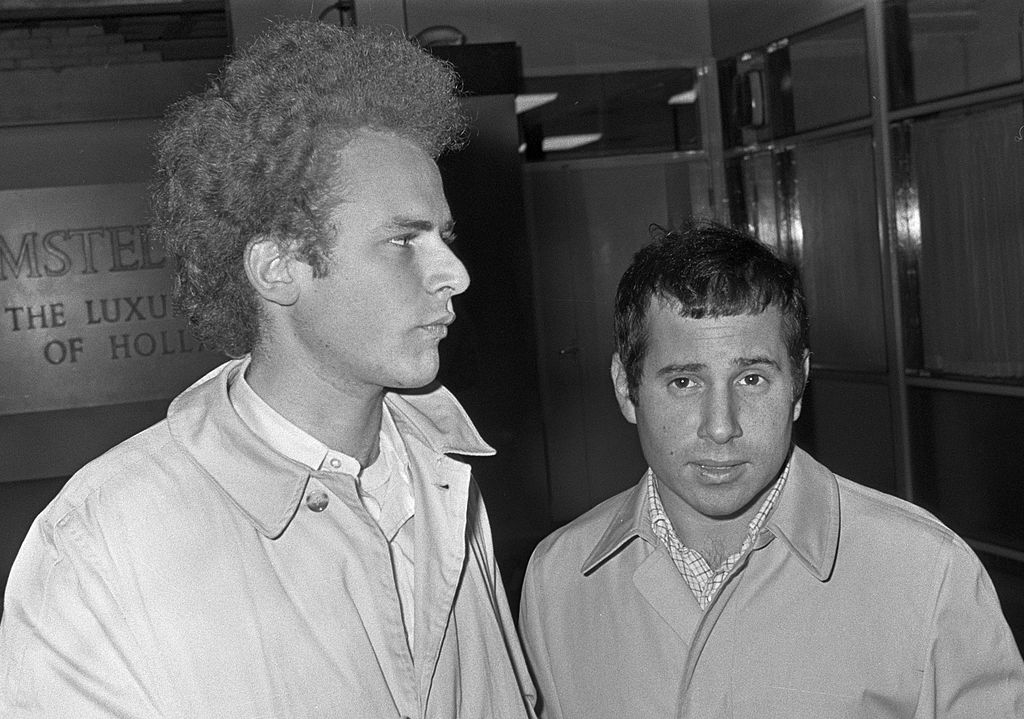 Nationaal Archief, Wikimedia Commons
Nationaal Archief, Wikimedia Commons
Frank Zappa
Frank Zappa, who was with The Mothers of Invention at the time, said no to Woodstock. To quote Zappa in speaking about the invitation, "A lot of mud at Woodstock ... We were invited to play there, we turned it down". Okay then.
Procol Harum
Yup, we could've had a Live at Woodstock version of A Whiter Shade of Pale. But alas, we don't because the festival fell right at the end of a long tour for the band and with the due date of guitarist Robin Trower's baby.
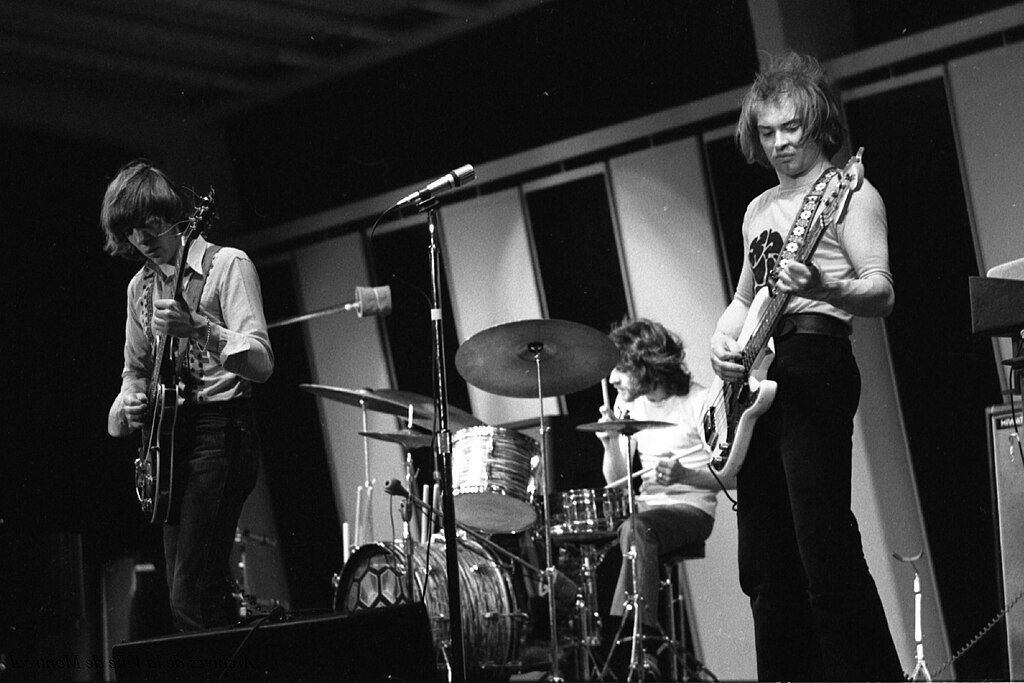 Montreal Concert Poster Archive, Wikimedia Commons
Montreal Concert Poster Archive, Wikimedia Commons
The Guess Who
There are conflicting reports when it comes to the reason for the great Canadian band, The Guess Who, not performing at Woodstock. According to founding member Randy Bachman, the band turned down an invitation. However, according to Burton Cummings, The Guess Who were never invited.
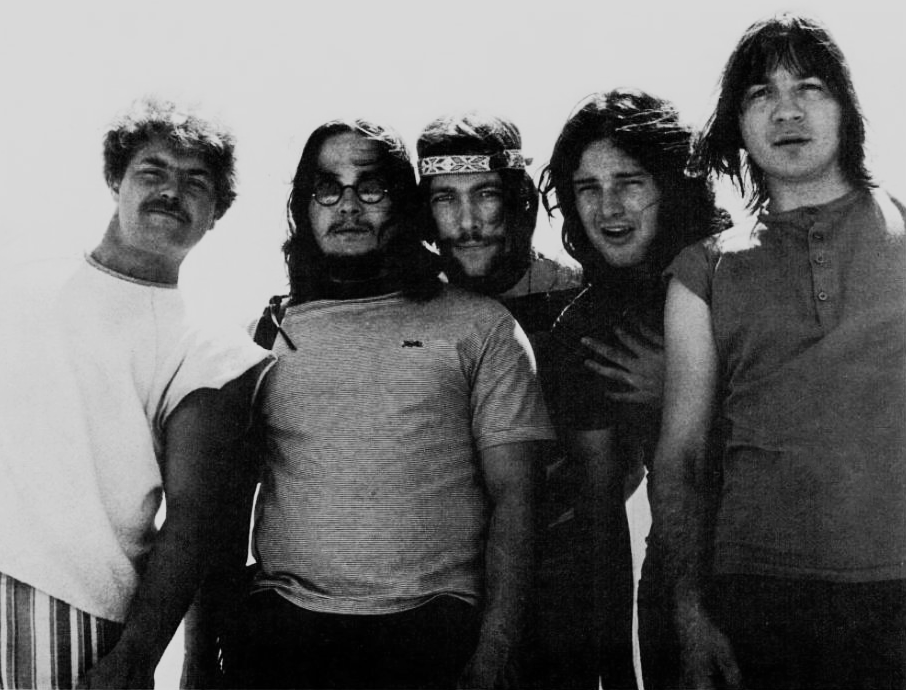 RCA Records, Wikimedia Commons
RCA Records, Wikimedia Commons
Poco
Poco's manager turned down the invitation to play at Woodstock for another gig. They must've had something huge lined up, right? Well, that depends—do you consider a concert at a Los Angeles school gymnasium to be "huge"?
Essra Mohawk
If only Google Maps had existed back then, Essra Mohawk would've played Woodstock. The singer-songwriter was invited and set to play on the first day of the festival—however, her driver took a wrong turn and...
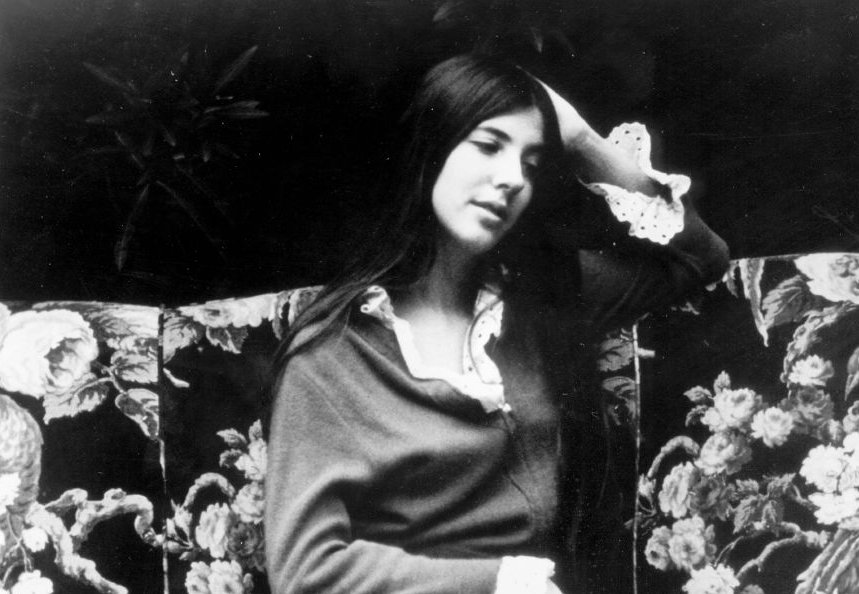 Michael Ochs Archives, Getty Images
Michael Ochs Archives, Getty Images
Essra Mohawk
"We got there in time to see the last verse of the last song of the last act of the first night, and then the stage went dark before we got to it from the parking lot".
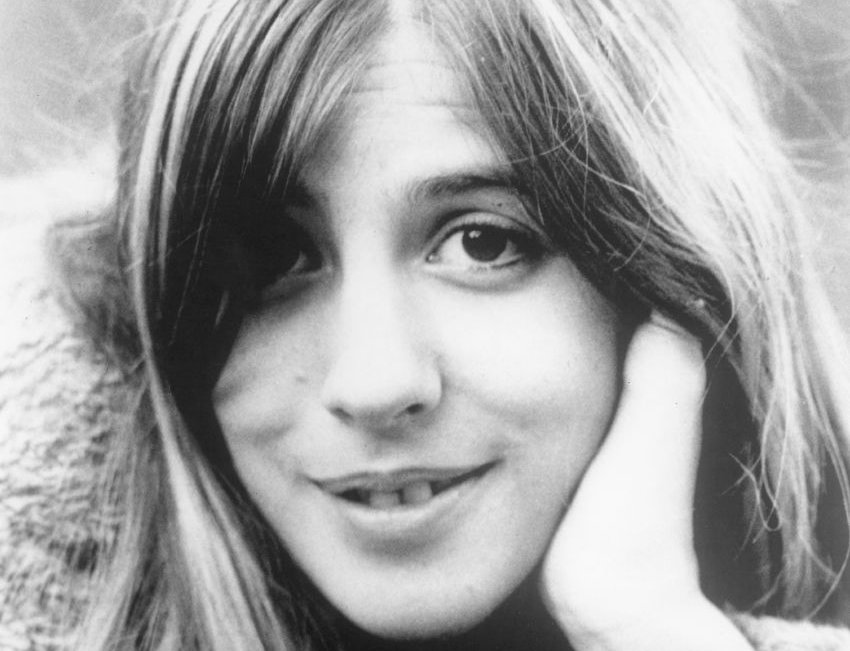 Michael Ochs Archives, Getty Images
Michael Ochs Archives, Getty Images
Blues Image
Many people probably aren't very familiar with the American rock band Blues Image. Although, that might've been different had they played Woodstock as they had originally agreed to do. That is, until their manager discouraged them from going, telling them, "There's only one road in and it's going to be raining, you don't want to be there".
So, they booked a gig in Binghamton instead.
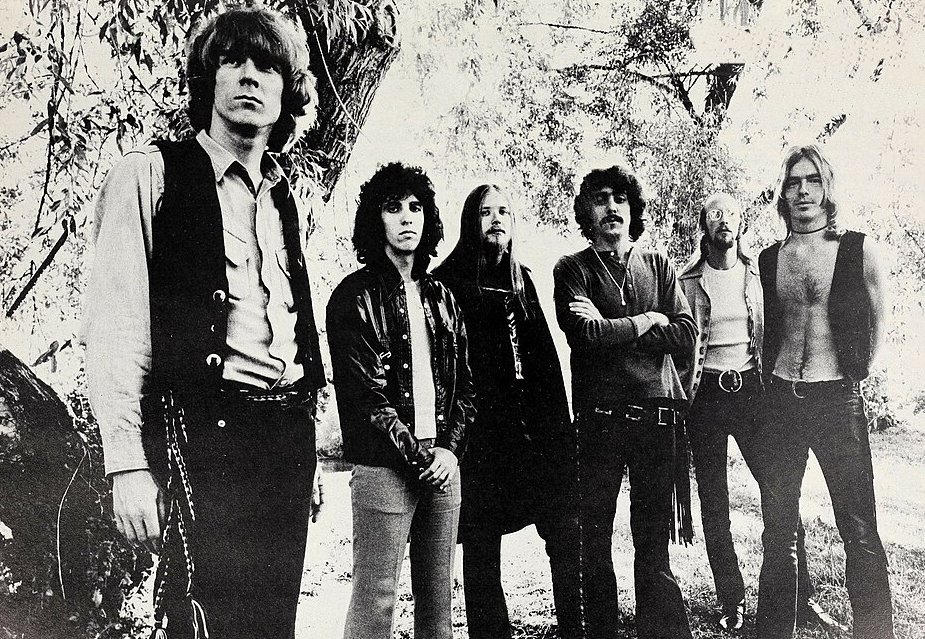 Atco / Atlantic, Wikimedia Commons
Atco / Atlantic, Wikimedia Commons
Eric Clapton
Well, actually it wasn't Clapton who said no to Woodstock, it was the rest of Blind Faith. Clapton actually wanted to play the festival with the supergroup, but he was outvoted by the others, so they didn't go.
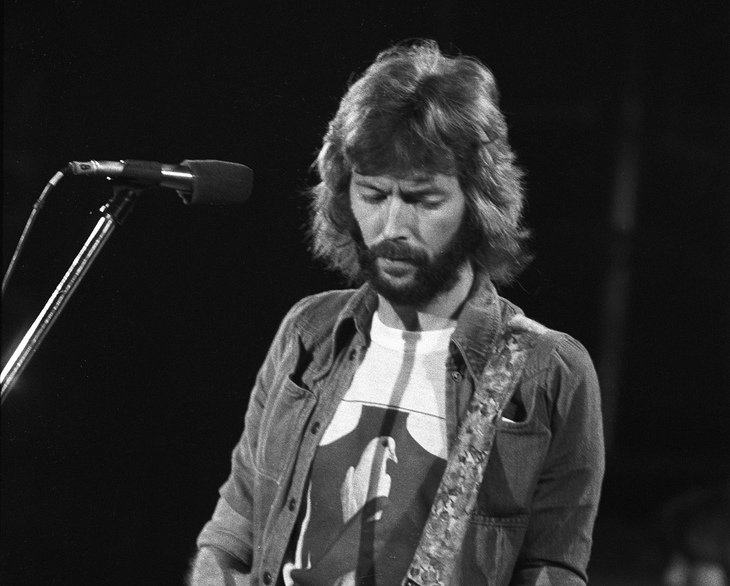 Matt Gibbons, CC BY 2.0, Wikimedia Commons
Matt Gibbons, CC BY 2.0, Wikimedia Commons
The Rascals
We can imagine the Woodstock audience going nuts and dancing in the mud as The Rascals launched into "Good Lovin'"—but it never happened, because the band was recording a new album and thus said no to their Woodstock invitation.
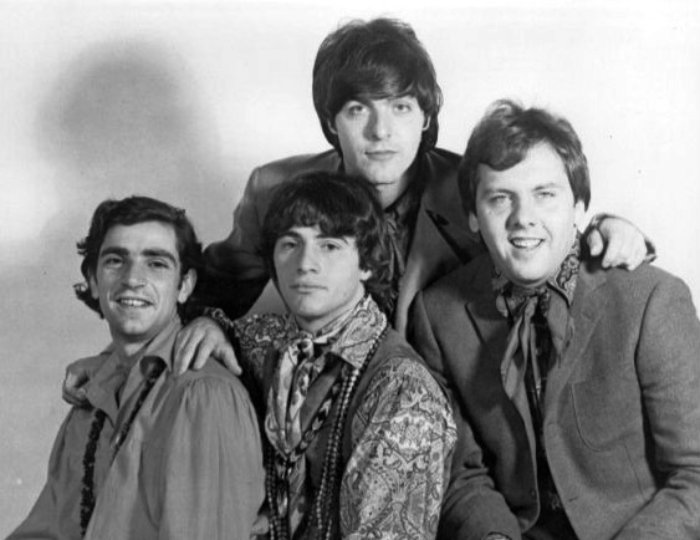 Associated Booking Corporation, Wikimedia Commons
Associated Booking Corporation, Wikimedia Commons
Lighthouse
Canadian rock band Lighthouse was invited and booked to play at Woodstock, but ended up backing out because they feared it would be a bad scene (whatever that means).
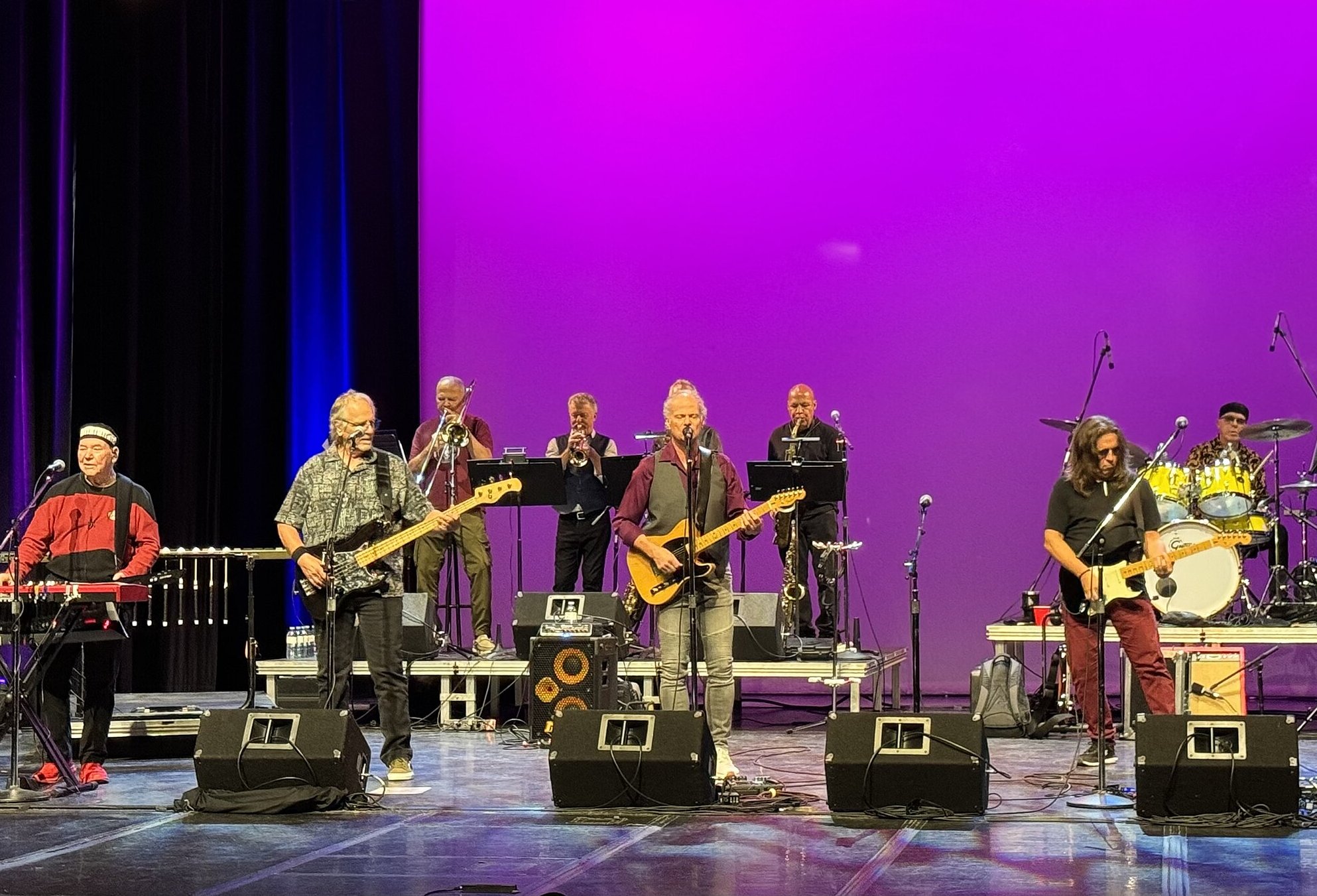 Quist, CC BY-SA 4.0, Wikimedia Commons
Quist, CC BY-SA 4.0, Wikimedia Commons
Tommy James And the Shondells
This is how James says the Woodstock offer was relayed to him via his secretary: "My secretary called and said, 'Yeah, listen, there's this pig farmer in upstate New York that wants you to play in his field'.
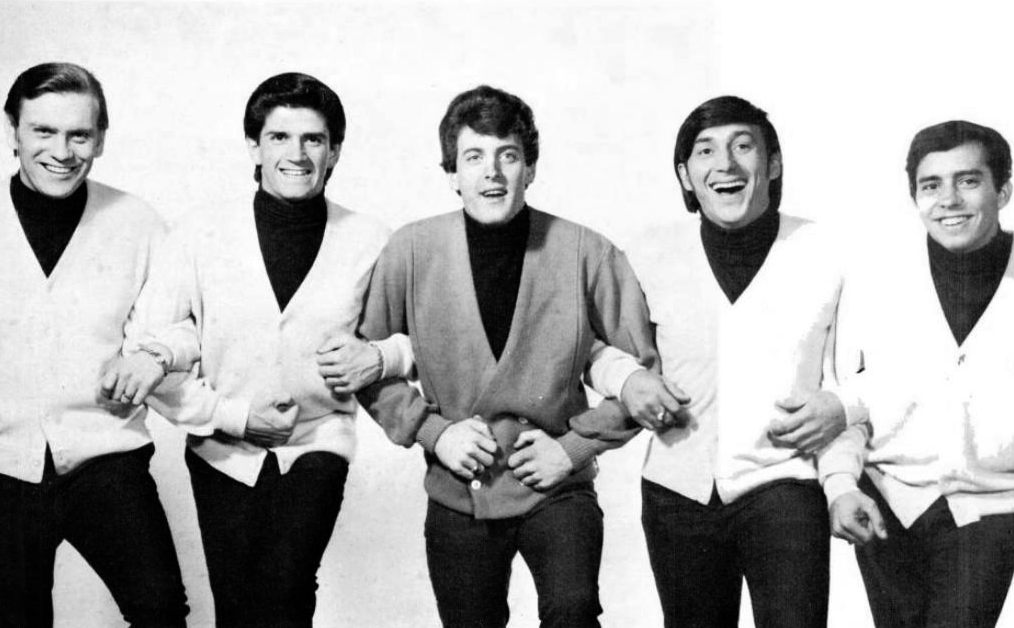 Roulette Records, Wikimedia Commons
Roulette Records, Wikimedia Commons
Tommy James and The Shondells
"That's how it was put to me. So we passed". And honestly, can you blame them? When they later realized what they'd said no to, they "could have just kicked [themselves]".
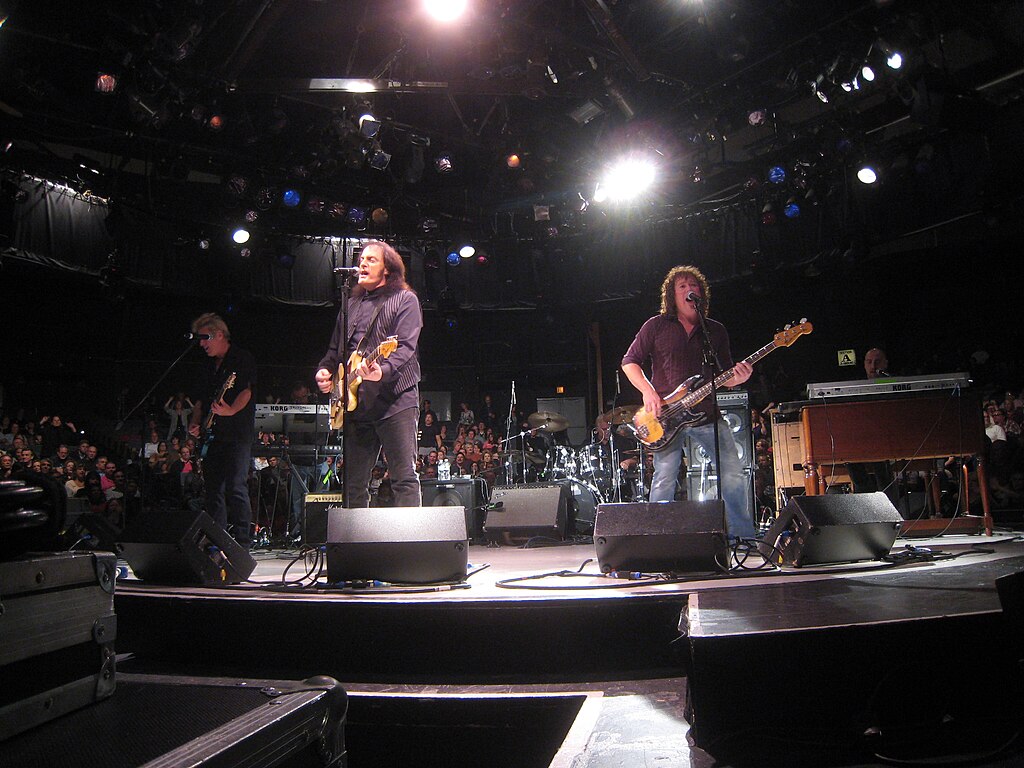 Shelly S., CC BY-SA 2.0, Wikimedia Commons
Shelly S., CC BY-SA 2.0, Wikimedia Commons
Mind Garage
Psychedelic Christian rock band Mind Garage might seem like a somewhat odd choice to play the hippie-fueled festival. But they were invited—and they turned it down for a higher-paying gig, thinking that Woodstock was going to be a relatively minor event.
Strawberry Alarm Clock
Another example of a band that didn't see Woodstock as anything special was Strawberry Alarm Clock. The psychedelic rock band from Glendale, California turned down the offer because they didn't think Woodstock was going to be "that big of a deal".
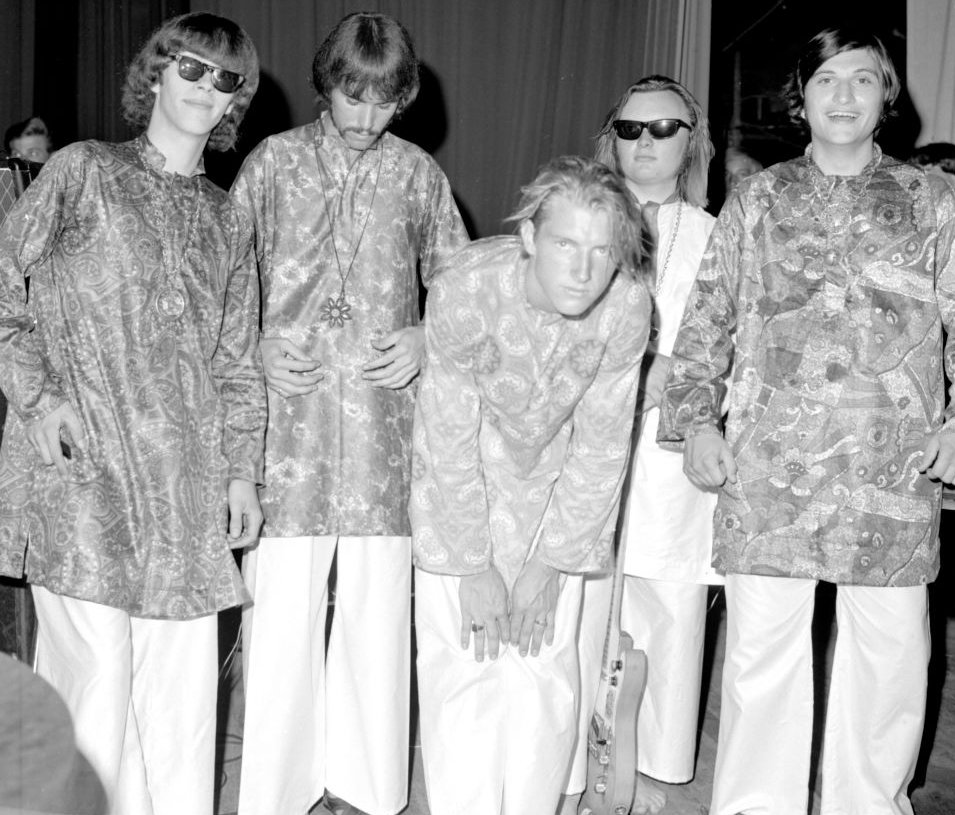 Michael Ochs Archives, Getty Images
Michael Ochs Archives, Getty Images
Raven
The rock band Raven had played some of the mini Woodstock Sound-Outs festivals in '68 and it hadn't gone well—thus, when Woodstock '69 came calling, they said no.
Zager and Evans
One-hit wonders Zager and Evans were invited to play at Woodstock and on American Bandstand thanks to the success of their chart-topping hit, "In the Year 2525". However, the duo was unable to appear because Rick Evans was injured in a crash by a drunk driver.
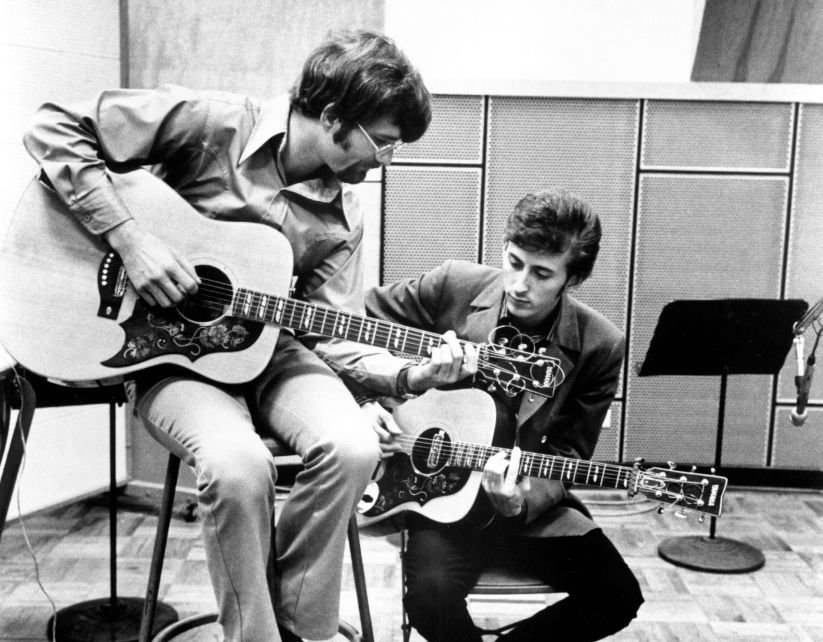 Michael Ochs Archives, Getty Images
Michael Ochs Archives, Getty Images
Spirit
American rock band Spirit had other shows planned for that weekend, so when Woodstock offered them an invitation they said no—not knowing (as we've seen with many bands on this list) how big Woodstock would ultimately become.
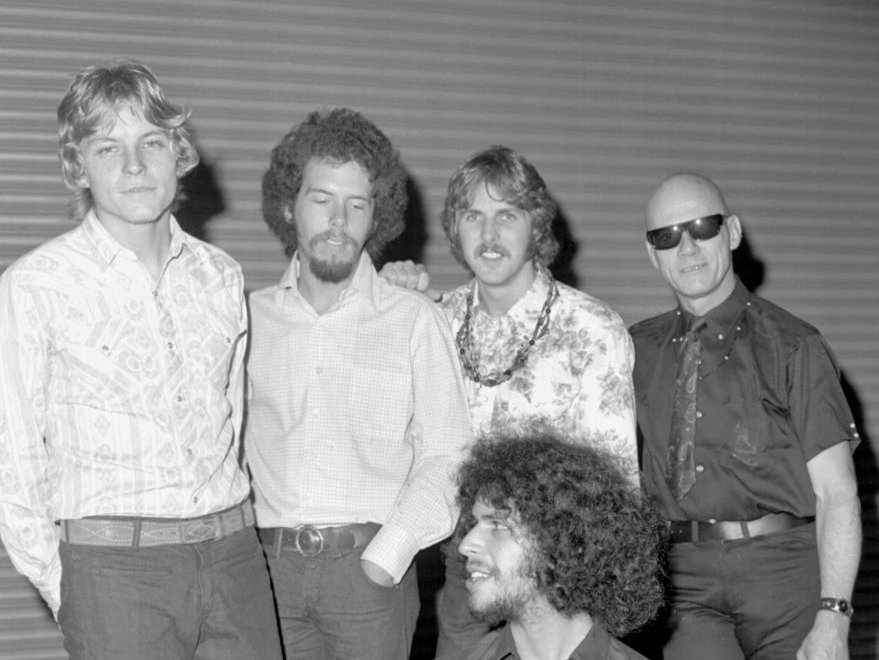 Michael Ochs Archives, Getty Images
Michael Ochs Archives, Getty Images
Arthur Lee And Love
Apparently, there wasn't much love in Arthur Lee and Love back in 1969. The band did get an invitation to play Woodstock but turned it down because—as has been reported since—there was much turmoil within the band at the time.
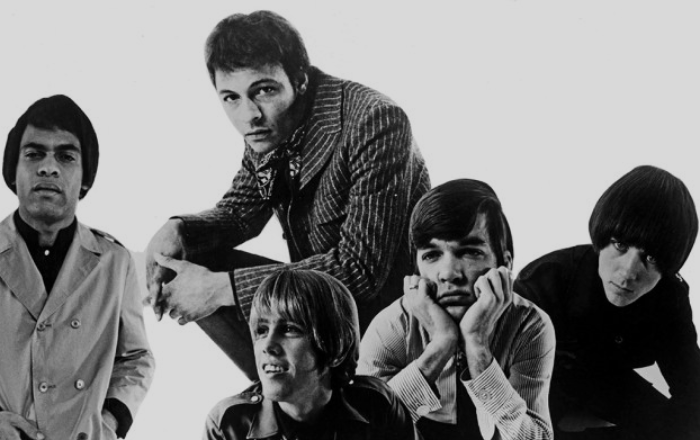 Elektra Records, Wikimedia Commons
Elektra Records, Wikimedia Commons
Roy Rogers
Roy Rogers doesn't exactly seem like a Woodstock-type performer—but the festival did ask him to come and close the weekend with "Happy Trails". He declined.


